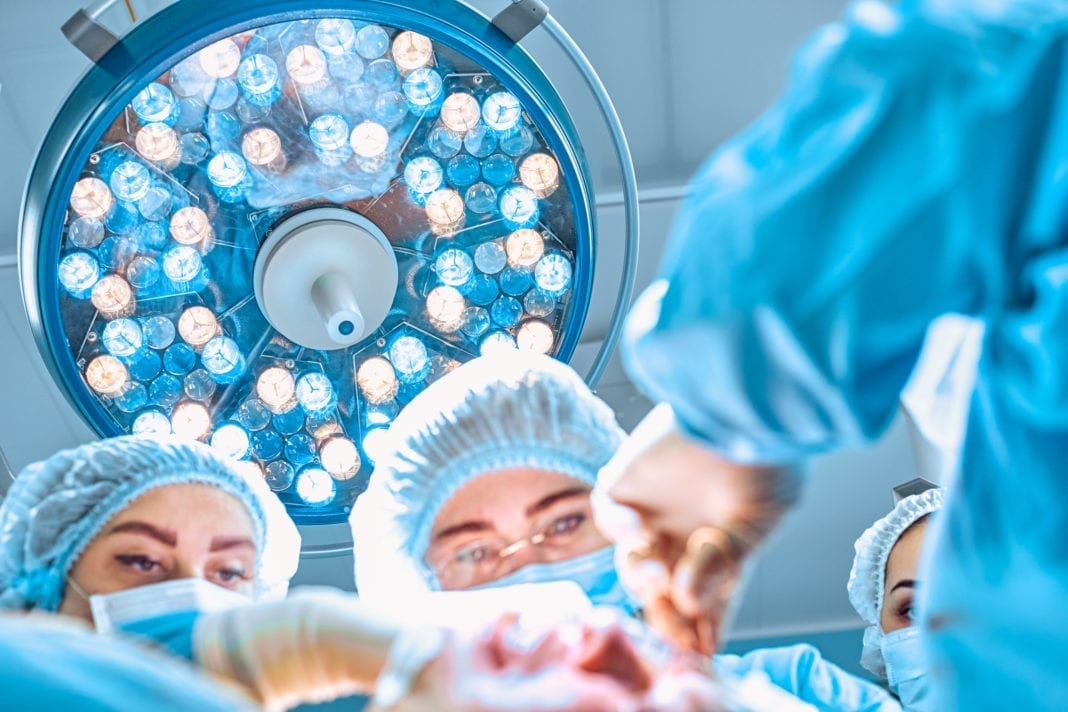Capital Health, comprised of two hospitals (Capital Health Regional Medical Center in Trenton and Capital Health Medical Center – Hopewell), a Hamilton outpatient facility, and various primary and specialty care practices across the region, became the only hospital in Central New Jersey and the Greater Philadelphia region to offer robotic-assisted Whipple procedures to treat pancreatic cancer.
Dr. Cataldo Doria, medical director of the Capital Health Cancer Center and hepato-pancreato-biliary surgeon who specializes in treating benign conditions and cancers related to the liver, pancreas, and bile duct, recently performed this innovative surgery at Capital Health Medical Center – Hopewell.
“Dr. Doria is internationally known for his work in developing cutting-edge cancer treatment,” said Al Maghazehe, president and CEO of Capital Health. “Since joining us last year, he has worked tirelessly to advance our Cancer Center. Becoming the only hospital in our region to offer a robotic-assisted Whipple is a major step forward for the Center, but it also shows our community that we are fully committed to innovation in health care.
Pancreatic cancer is among the most challenging gastrointestinal disorders to diagnose and treat, and for some patients, a Whipple procedure (technically known as a pancreaticoduodenectomy) is performed to surgically remove the affected part of the pancreas and then reconnect the healthy part of the organ to nearby digestive organs in order to complete the surgery. Until recently, this complex, technically demanding procedure was regularly being performed only as open surgery at Capital Health.
“Performing an open Whipple procedure to treat pancreatic cancer, while effective, meant that the patient could expect a large incision and a long recovery time,” said Dr. Doria. “Now, using the da Vinci Surgery System, we can aggressively treat appropriate surgical candidates with minimally invasive techniques that are proven to significantly reduce recovery time while achieving results that are comparable to traditional open surgery.”
A specially trained surgeon like Dr. Doria uses the da Vinci Surgery System to insert miniaturized instruments and a high-definition 3D camera through small incisions (roughly the size of a dime). Working at the da Vinci console, Dr. Doria’s hand movements are translated into precise actions that allow for a minimally invasive approach to the Whipple procedure that requires less anesthesia, reduce recovery time and puts patients at less risk for complications.
Dr. Doria also uses the da Vinci Surgery System to remove cancer in the liver and bile duct. Additionally, in his role as medical director of the Cancer Center, Dr. Doria is assembling a team of surgeons from multiple disciplines who are trained in robotic techniques in order to make robotic-assisted surgery an option for additional cancer sites.





